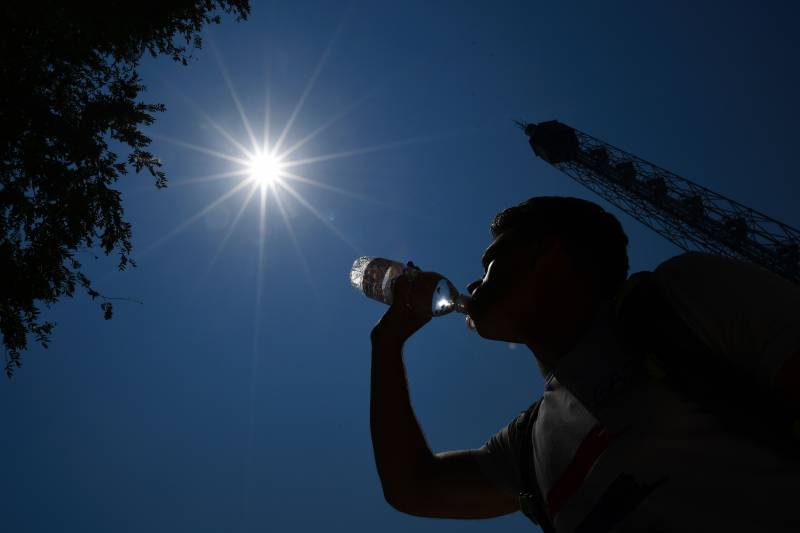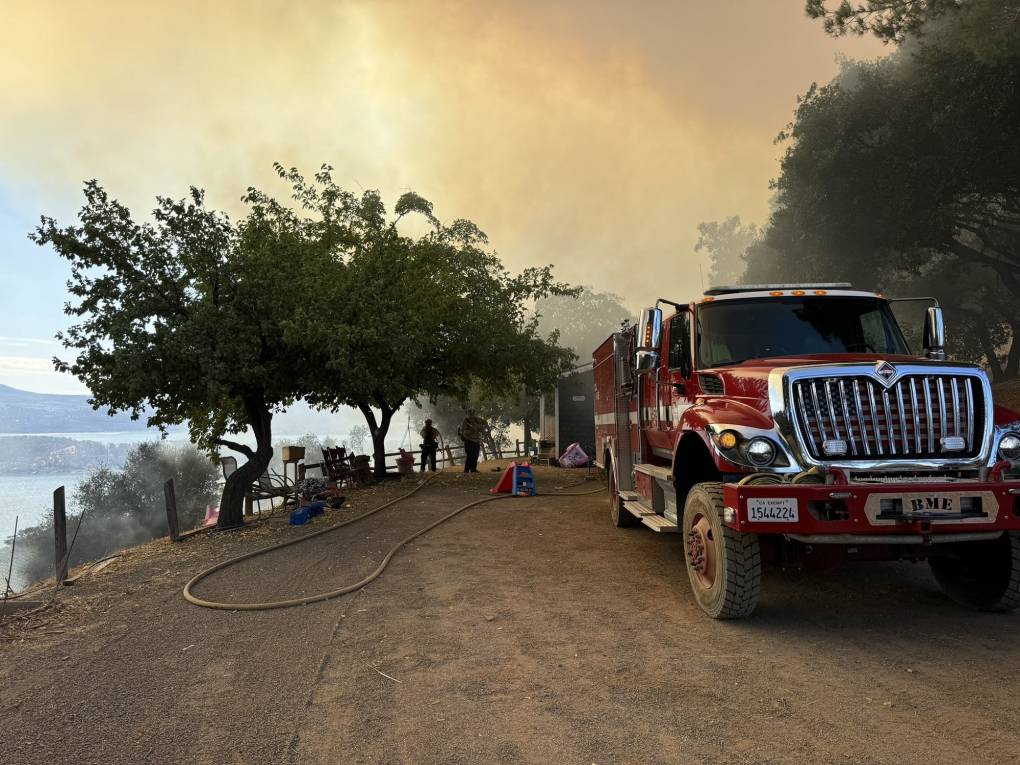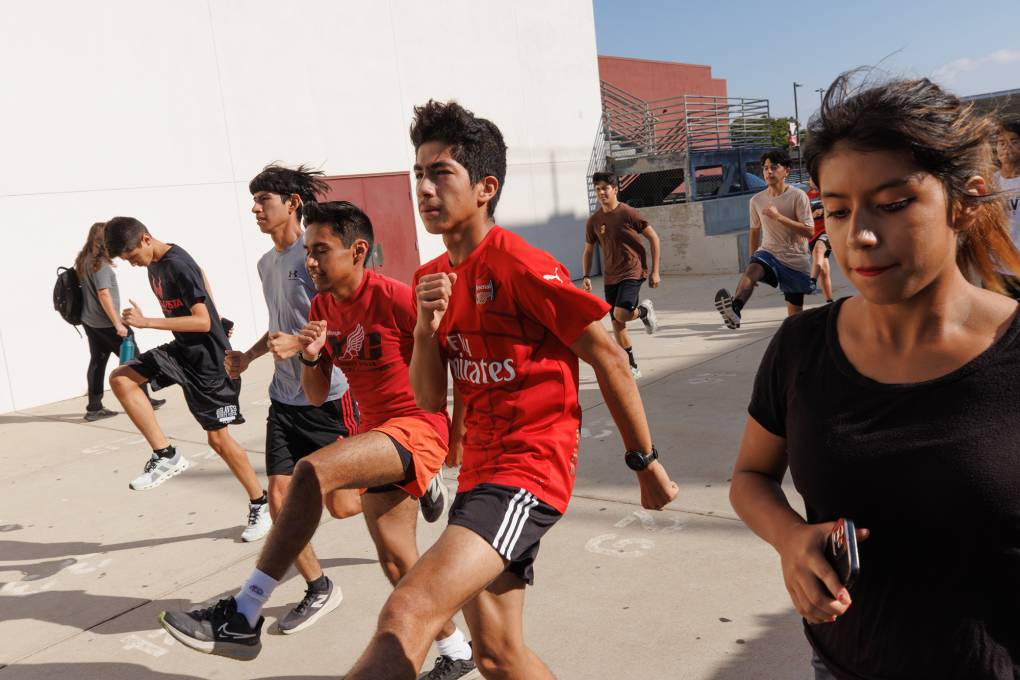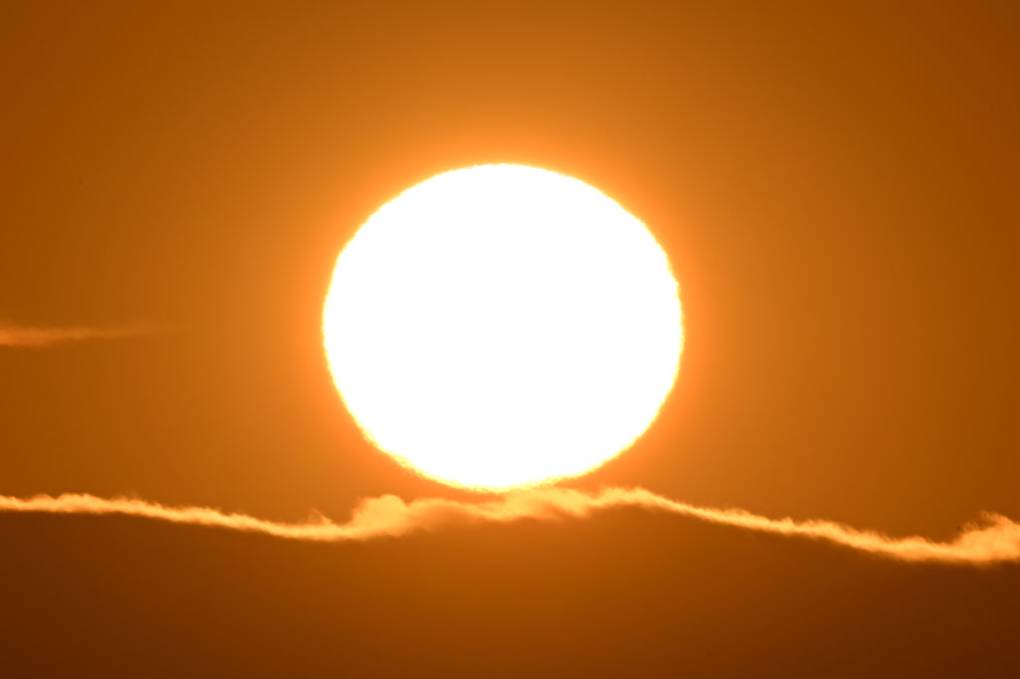Senior science editor Kat Snow recommends putting your feet in icy water, or, when you head off to bed, wrapping some ice cubes in a kitchen towel or two and putting them on the soles of your feet. "In hostile environment training, they teach that cooling your body’s pulse-points, including behind your neck, inside your elbows, and behind your knees, can bring quick relief."
DO: Become familiar with the signs of heat illness.
Heat exhaustion happens when your body has lost too much water and salt. You may notice symptoms such as cramps, headache, nausea, tiredness, or dizziness. Heat stroke happens when your body can no longer control its temperature, and your core temperature begins to rise. You may have a throbbing headache, nausea, confusion, or hot, dry skin.
This website from the state department of public health has the lowdown, with special sections for older people, infants and pets.
DON’T: Eat spicy food.
“Spicy food causes your blood vessels to dilate. That probably makes you sweat a little bit more,” Solomon says. “That's okay, but then just make sure you drink enough.”
“Eating heavy meals, large portions, fatty meals, sugary beverages, alcoholic beverages and spicy food can challenge the body when it's already undergoing stress from feeling hot,” Radhakrishna says. “Best to keep things blander, cooler, simpler, smaller portions during a heat event.”
AVOID: Alcohol and caffeine.
Or at the very least, know that you still need to drink water to offset them. That’s because they’re both potent diuretics: that is, they cause you to go to the bathroom. “That reduces your body water,” Solomon points out. “You might think that drinking alcohol or drinking a lot of coffee would be helpful, but it's less helpful than you think.”
AND: If you’re choosing between a stuffy house and smoke pollution...
First keep the windows closed. That’s advice from Mary Griffin, a nurse who leads the home care division for the non-profit Institute on Aging. Griffin says to use a filter setting, if you can, on the air conditioner, and use fans if you can’t.
"A lot of people have these air conditioners that are in the window and they're really not very good when there's smoke out there, bringing air in from outside," Griffin says. "So we're saying use fans instead in the house because the fans will help circulate air in the house and not bring in outside air."
That may not work as well in extreme and dry heat events. The trouble with fans, says Contra Costa County’s Radhakrishna, is that when temperatures hit the mid-90s, they start to just move hot air around, helping it to become drier, which doesn’t help.
PHI’s Solomon points out that in a battle between two threats, heat-related illness can kill people quickly.
“Air pollution isn't good for people, but it's less likely to kill you right away,” she says. “If you end up in a furnace situation in a closed house with no air conditioning, that's immediately dangerous to your health,” Solomon says.
She points out that counties are still running cooling centers, socially distanced. Alameda County public officials offer tips about protecting health against smoke that include keeping cool in air-conditioned malls, which are open at 25% capacity. And there’s always the frozen food aisle...
BUT BE CAREFUL: Wear a mask, use hand sanitizer, and maintain social distance in public places. There’s still a pandemic, after all.



